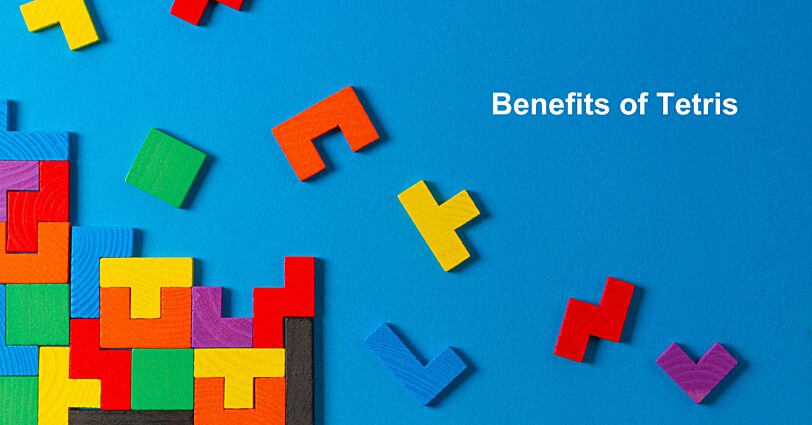
Smartphones have introduced many opportunities into our lives, and while some of those experiences are decidedly negative, it is also possible to use the client’s resources, like a smartphone, to teach them coping skills.
Is it Time for Tetris?
As therapists, it is important to recognize that there are a multitude of strategies that may assist clients with learning therapeutic skills or maintaining positive mental health. Smartphones have introduced many opportunities into our lives, and while some of those experiences are decidedly negative, it is also possible to use the client’s resources, like a smartphone, to teach them coping skills. Recently, several research studies have examined the use of brief cognitive tasks as a way to reduce intrusive thoughts after trauma to engage parts of the brain that would typically be responsible for the intrusive thoughts. While initial studies are limited by small sample size, results are promising and it is recommended further research be conducted (Hagenaars, et al., 2017; Kanstrup, et al., 2021).
Many psychiatric disorders have symptoms of intrusive thoughts, and many individuals experience intrusive thoughts after experiencing a traumatic event. Thoughts of the event can plague an individual for years afterward, and seeing/hearing/remembering something that reminds them of the trauma can trigger intrusive memories. It can be difficult to work on triggers within a therapy session, especially when the patient needs to work on coping with triggers in real world settings.
While there is absolutely a need for further research, there are some applications for clinicians that can be taken from these studies. Playing Tetris on an app or website may be a way for clients to reduce intrusive thoughts they are experiencing. Many individuals enjoy playing Tetris, but if this method does not work for a particular client, they can discontinue using the game as a coping skill or continue to play for fun. Playing Tetris is easy, discrete, and is something that can be done in many different environments (i.e., break at work, commuting (not driving!), shopping, gym, etc.).
Symptoms like anhedonia, difficulty concentrating, and low motivation/energy may impact a client’s ability to use Tetris as a therapeutic tool. Starting very slowly (i.e., play for five minutes for fun this week) to gradually increase patient comfort with the game may also indirectly provide behavioral activation. Patients may decide that they do not like Tetris, but enjoy a similar game, and use that as an alternative. Playing these types of games has also been shown to improve cognitive functioning, which could also be a benefit, particularly for patients who struggle with cognition due to depression or anxiety.
If you are interested in Tetris for yourself or a patient, Lopatin (2023) recommends the following free apps:
- Tetris
- Kubik
- Block Puzzle
- 99 Bricks Wizard Academy
- Drop the Number: Merge Puzzle
- Falling Lightboxes
- Quadris
References:
Hagenaars, M. A., Holmes, E. A., Klaassen, F., & Elzinga, B. (2017). Tetris and Word games lead to fewer intrusive memories when applied several days after analogue trauma. European Journal of Psychotraumatology, 8(sup1), 1386959.
Kanstrup, M., Singh, L., Göransson, K. E., Widoff, J., Taylor, R. S., Gamble, B., ... & Holmes, E. A. (2021). Reducing intrusive memories after trauma via a brief cognitive task intervention in the hospital emergency department: an exploratory pilot randomised controlled trial. Translational psychiatry, 11(1), 30.
Lopatin, F. (2023, June 21). Top 7 Tetris Apps Without Ads for Android & iOS. Adlock. https://adlock.com/blog/best-tetris-apps-no-ads/



